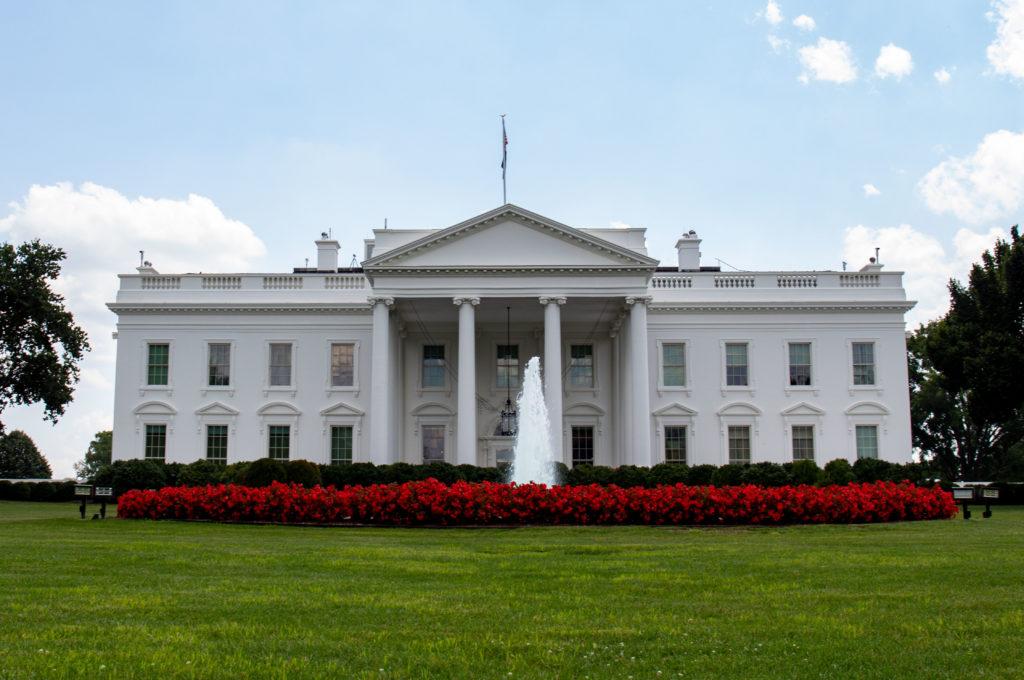The D.C. Council passed an eight week universal paid leave act after 15 months of public debate Monday.
With a vote of 9 to 4, the Council sent the bill to Mayor Muriel Bowser for her signature.
If signed, the bill would give all workers in the District the opportunity to take an eight week parental leave, a six week leave to assist a sick family member and a two week personal medical leave.
The paid leave will be funded by a 0.62 percent increase in employer payroll taxes, which is expected to raise $250 million.
These approved paid leave amounts were dramatically cut down from the original proposed bill, which would have given 16 weeks of paid leave to employees experiencing events like caring for a sick relative or having a baby.
Council chair Phil Mendelson said the leave coverage for all D.C. workers, including Maryland and Virginia residents, was important to bring workers to D.C.
“This is a benefit program for every employer in the District that people who want to work will be attracted to working for them,” he said.
Ward 2 Council member Jack Evans has previously brought up concerns for funding paid leave for those who live outside of the city, including during the last Council meeting, claiming it could drain funds intended for D.C. residents.
Under the original bill first proposed last year, employees could have 16 weeks of paid leave. After a little more than a year of negotiations, the family paid leave time was reduced to eight weeks.
Previously, GW teamed up with other universities and businesses to promote an employer mandate program as an alternative to the proposed paid leave plan.
Similarly, an amendment Evans and Ward 3 Council member Mary Cheh’s proposed would have funded the leave through an employer mandate, but provided the same amount of leave for workers. Bowser supported the amendment more than the unamended plan, The Washington Post reported.
In this system, small businesses would receive a tax credit to fund leave programs and have the opportunity to a hardship petition if they are having trouble funding the leave, instead of raising the employer payroll taxes and with a goal of decreasing government bureaucracy.
Evans, along with Council members Yvette Alexander of Ward 7, Brandon Todd of Ward 4 and LaRuby May of Ward 8, voted against the legislation after his and Cheh’s amendment failed.
“I can’t support raising the tax,” Evans said. “I can’t support paying this money to Virginia and Maryland people.”
Cheh of Ward 3 decided to “reluctantly” support the bill to guarantee paid leave to workers by the end of the meeting.
“I thought the amendment that we offered was much better,” she said. “I will vote for this, but I do not think it is the best way to go.”
She was the only Council member to vote for her and Evan’s amendment and for the legislation.
May said she would call on Bowser to veto the bill once it passed.
“It’s upsetting that we’re more focused on helping folk outside the city than the District itself,” she said.
At-large Council member Robert White supported the legislation and said he hopes the nation follows D.C.’s lead in the future.
“This bill although it is not perfect – it will move the District in the right direction for now,” he said.







